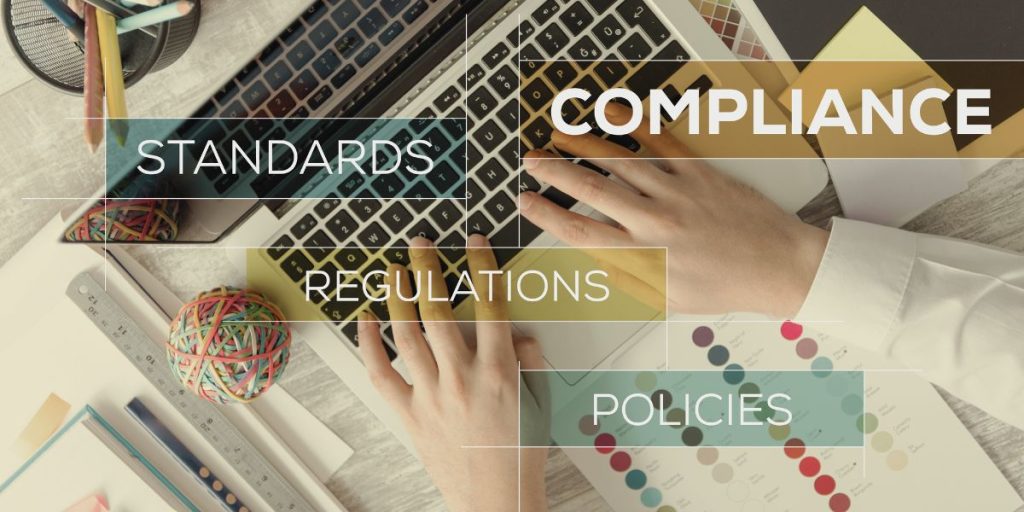
Singapore’s Workplace Fairness Legislation (WFL) introduces comprehensive legal protections against workplace discrimination, marking a significant milestone in the nation’s employment landscape. Announced during the Second Reading on 7 January 2025, Minister for Manpower Dr. Tan See Leng reinforced that the WFL prioritises fair employment, structured grievance-handling, and mediation over litigation to support both employees and businesses.
For employers, compliance is no longer optional. Understanding these changes isn’t just about avoiding legal risks—it’s about building a workplace that values fairness, transparency, and inclusivity. Here’s what you need to know in 2025.
Table of Contents
Understanding Workplace Fairness Legislation: A Background

Singapore has made steady progress in reducing workplace discrimination, but some challenges remain. According to the Ministry of Manpower’s Fair Employment Practices 2022 report, job search and workplace discrimination cases have declined over the years, reflecting efforts to strengthen fair employment practices.
However, biases still affect hiring and career progression, particularly in:
- Age (16.6%) – Older workers face greater difficulty securing jobs and promotions.
- Race (7.1%) – Hiring disparities persist in certain industries.
- Mental health (5%) – Up from 2.9% in 2021, signalling a growing concern.
- Family & caregiving status (4.3%) – Parents and caregivers may face barriers in career advancement.
- Gender (4.2%) – Pay gaps and leadership challenges continue.
- Nationality (4%) – Preference for specific nationalities remains in some roles.
Hence, Singapore introduced the WFL last year. This law strengthens the Tripartite Guidelines on Fair Employment Practices, making workplace fairness legally enforceable.
| 💡Recommended Reading: Flexible Work Arrangements in Singapore: New Guidelines |
Impact of Workplace Fairness Legislation on Singapore’s Workforce

The implementation of workplace fairness legislation provides robust protection against common forms of workplace discrimination, emphasising mediation as the primary method for dispute resolution. The interim report on recommendations for workplace fairness legislation published by the Tripartite Committee on Workplace Fairness outlines the structure of this legislation.
The introduction of the WFL will offer significant advantages for Singapore’s workforce.
- Stronger Anti-Discrimination Measures: Ensures fair hiring and equal opportunities for all employees.
- Workplace Diversity & Inclusion: Promotes a culture that values different backgrounds and experiences.
- Protection Against Retaliation: Safeguards employees who report discrimination or harassment.
| 💡Recommended Reading: Cultural Fit in C-Suite Recruiting: Key for Singapore’s Diversity |
Key Provisions of the Workplace Fairness Legislation

Unlike before, businesses that violate the WFL now face legal consequences, including Ministry of Manpower (MOM) intervention, monetary penalties, and reputational risks. Here are some of key features to note:
1. Expanded Legal Protection for Employees
The WFL formally prohibits workplace discrimination, covering a broad range of protected characteristics to ensure that all employees have equal access to career opportunities.
📌 Employers cannot discriminate based on:
- Age → Employers cannot reject qualified candidates based on age. Any age-related hiring criteria must be justified.
- Nationality → Fair hiring practices are required. Job postings cannot favour specific nationalities unless legally necessary.
- Sex & Pregnancy → Women must have equal opportunities in hiring, promotions, and pay. Maternity and caregiving cannot limit career growth.
- Mental Health → Employees cannot be penalised for mental health conditions. Workplaces should provide reasonable accommodations.
- Marital & Caregiving Status → Family responsibilities cannot impact promotions or key opportunities. Performance must be the deciding factor.
- Race, Religion & Language → Hiring and promotions must be merit-based. Language requirements must be job-related, not exclusionary.
Example: Previously, a hiring manager might have avoided hiring candidates above 50 years old, assuming they would struggle with new technology. Under the WFL, this is illegal, and hiring decisions must be based purely on qualifications and experience.
| 💡Recommended Reading: Mental Health in the Workplace: Challenges & Solutions for HR |
2. Workplace Fairness Applies to Every Stage of Employment
Discrimination is no longer just about hiring—it applies at every stage of employment, ensuring that employees receive fair treatment throughout their careers.
📌 What does this mean for businesses?
- Pre-employment → Hiring must be based on capability and qualifications, with job descriptions free from unfair exclusions / bias.
- During employment → Promotions, pay raises, and training must be performance-driven, not based on personal traits.
- Exit from employment → Dismissals and retrenchments must be fair, documented, and free from bias.
Example: A company cannot overlook a female employee for a leadership position due to an assumption that she will prioritise family over work. Decisions must be based on performance and suitability for the role.
3. Stricter Regulations on Job Advertisements
Employers must ensure that job advertisements do not contain biased language that could discourage certain groups from applying.
📌 What’s changing?
- No more vague preferences → Phrases like “young and dynamic team” or “preferably Singaporean” are prohibited unless legally justified.
- Language requirements must be justified → If a company requires fluency in a specific language, it must prove that it is essential for the role (e.g., customer-facing jobs in certain markets).
Example: A job advertisement stating “Only Mandarin-speaking candidates preferred” is illegal, unless the employer can demonstrate that Mandarin is a necessity for the role.
4. Stronger Protection Against Retaliation
A major enhancement under the WFL is protection against retaliation for employees who report workplace discrimination or harassment.
📌 What does this mean?
- Employers cannot retaliate against employees who report unfair treatment, whether internally or to MOM/TAFEP.
- Retaliation includes wrongful termination, salary reductions, exclusion from projects, or workplace harassment.
Example: If an employee reports bias in promotions, their employer cannot cut their bonus or reduce their responsibilities as a penalty.
5. Mandatory Grievance-Handling Procedures for Employers
All employers must implement structured grievance-handling processes, ensuring that employees can report discrimination in a fair and transparent manner.
📌 Employer responsibilities include:
- Clear reporting channels → Employees must know where and how to file complaints.
- Formal documentation → Companies must document every discrimination case for accountability.
- Timely investigation and resolution → Complaints must be addressed within a reasonable timeframe with clear communication of outcomes.
Example: A company must have a formal and confidential process for employees to report unfair treatment without fear of backlash.
6. Temporary Exemption for Small Businesses (Under 25 Employees)
To ease compliance, businesses with fewer than 25 employees are temporarily exempt from WFL requirements for the first five years. However, this exemption will be reviewed, meaning SMEs must still prepare for eventual compliance.
📌 To prepare, SMEs should:
- Establish Fair Recruitment Processes:
○ Ensure job advertisements focus solely on relevant qualifications and experience.
○ Standardise interview procedures to assess candidates based on merit. - Develop Clear Grievance Handling Procedures:
○ Create a transparent system for employees to report concerns.
○ Maintain confidentiality and address issues promptly to foster trust. - Educate HR and Management Teams:
○ Provide training on the WFL and fair employment practices.
○ Promote awareness of unconscious biases and how to mitigate them. - Regularly Review Employment Policies:
○ Align company policies with the latest guidelines from the Tripartite Committee on Workplace Fairness.
○ Stay updated on legislative changes to ensure ongoing compliance.
By taking these steps, SMEs can create an inclusive workplace culture, attract diverse talent, and be well-prepared for future compliance requirements.
By taking these steps, SMEs can create an inclusive workplace culture, attract diverse talent, and be well-prepared for future compliance requirements.
Common Questions About Workplace Fairness Legislation
Currently, Singapore manages workplace discrimination through a combination of regulations and government initiatives. The key legislation addressing workplace discrimination is the Employment Act.
Employees who believe they have been subjected to workplace discrimination can file complaints directly with their employer, or with relevant authorities such as the Ministry of Manpower or the Tripartite Alliance for Dispute Management.
Conclusion
With the Workplace Fairness Legislation now in effect, compliance is a legal obligation for all employers. As one of the leading recruitment agency in Singapore, Trust Recruit understands that real workplace fairness goes beyond policy updates and checkboxes. It’s important to have open dialogues with employees, foresee potential obstacles, and suggest proactive remedies.
In turn, this helps to attract and retain top talent, while improving workplace morale, and ensuring long-term business sustainability. Companies that embed fairness into their culture won’t just comply with the WFL, they will thrive in Singapore’s evolving employment landscape.
